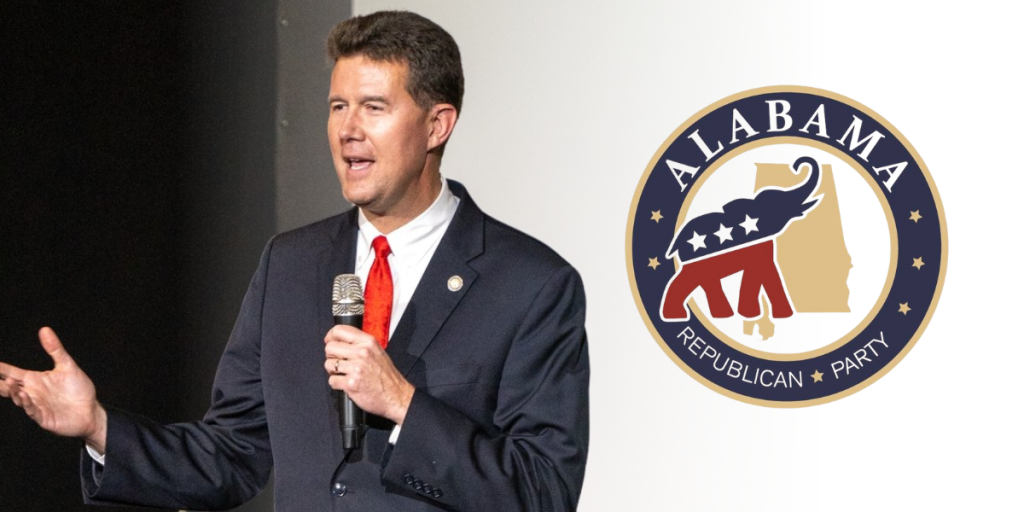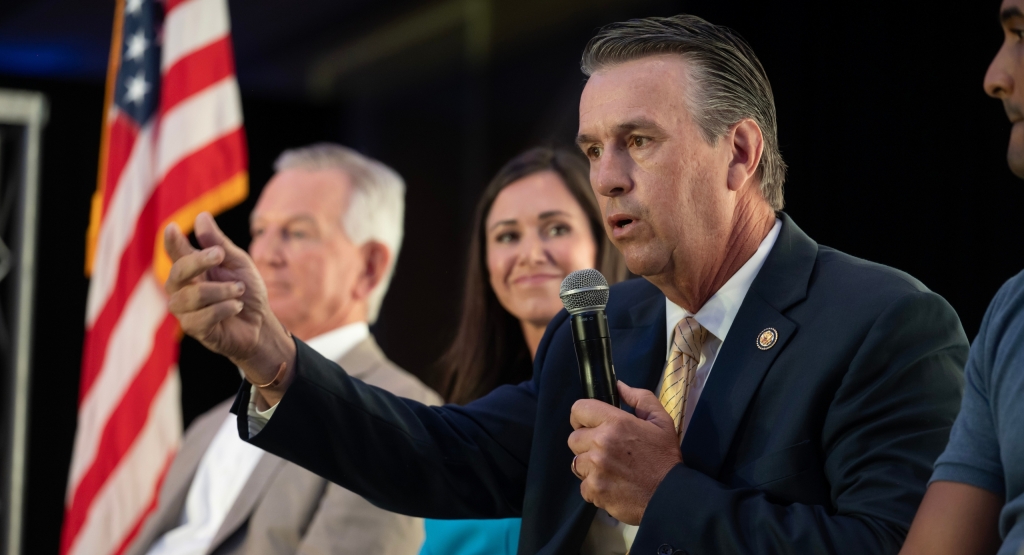
MOBILE, Ala. — The National Labor Relations Board (NLRB) recently ruled companies can be held responsible for labor violations committed by their contractors. Now, some Alabama businesses and lawyers say the ruling could apply far beyond the nation’s 780,000 franchise businesses—it also could affect companies that provide contract labor to manufacturing companies and other firms.
The ruling is a significant change in direction from previous decisions that ensured companies were only responsible for employees who were under their direct control. If parent companies didn’t have the power to set hours, wages, or job responsibilities, the NLRB previously held, companies were not responsible for the labor decisions of the contractors.
Essentially, two legally separate companies can now be considered joint employers of one employee doing one job, whether or not one of those companies has any actual control over hours worked, wages, or benefits.
Many businesses are concerned they could be held liable for larger disputes when contracting part-time or shared workers such as janitorial staff or temporary workers from other companies.
Congressman Bradley Byrne (R-AL1) and the House Education and the Workforce Committee listened to testimony from Birmingham-based labor law attorney Marcel Debruge and small business owner Steve Carey during a hearing held in Mobile last week detailing how the NLRB’s decision will change the business landscape.
Steve Carey a 30-year Air Force veteran who bought a CertaPro Painters franchise serving two south Alabama counties, testified on how the definition would affect his business.
“I have the autonomy to run my business as I see fit, including on matters such as all staffing, labor costs, subcontractor selection, marketing and vendor relationships,” Carey said. “That’s what I bought into, not to be told what to do.”
CertaPro provides trademarks and logos for the business, in addition to some marketing and branding assistance, but the umbrella organization has no control over his day-to-day decisions.
Carey told the committee he would not have bought the franchise if he knew he would be “handcuffed with a change of definitions.”
Carey, and other businesses and organizations worry the ruling means their employees could unionize under the larger umbrella of the franchising company, forcing franchisees to bend to their demands.
Attorney Marcel Debruge asserts the NLRB had one goal alone in making their ruling. “The motivation is pretty clear — increase the number of people who pay union dues,” he said. “It’s (the board) almost dropped any pretense of being an arbiter, a referee.”
Rep. Byrne agreed, saying, “Once again the National Labor Relations Board has taken the side of big labor over what is in the best interest of our nation’s small business owners and employees. This ruling fundamentally alters the long-standing definition of an employer and destroys the dream of countless Americans who aspired to be small business owners.”
“As a member of the House Education and the Workforce Committee,” Byrne continued, “I will work with my committee colleagues to push back against the extremist NLRB and stand up for small businesses on the Gulf Coast and across the United States.”
Like this article? Hate it? Follow me and let me know how you feel on Twitter!
— Elizabeth BeShears (@LizEBeesh) January 21, 2015












